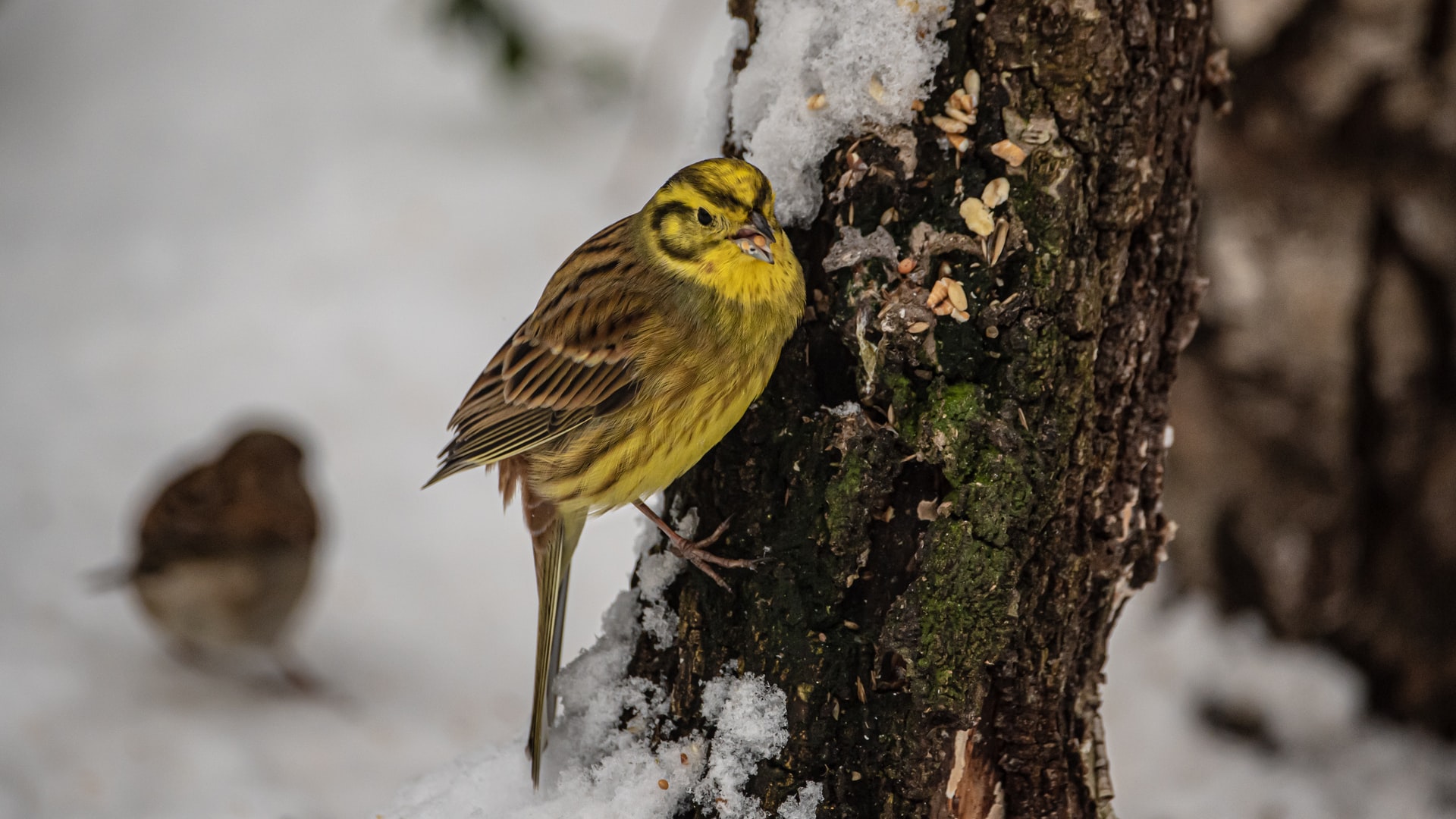Religious Naturalism
Taking Nature to HeartFrequently Asked Questions
What is religious naturalism?
Religious naturalism (RN) is a framework for religious orientation that combines a science-grounded (naturalist) understanding of what seems possible and real with interest in and perspectives for responding to types questions, concerns, values, goals, and feelings that are parts of religious traditions. It shows ways of being spiritual that do not include belief in a personal God that may actively cause specific events.
Varied aspects of RN are discussed in several books, including:
Nature is Enough: Religious Naturalism and the Meaning of Life, by Loyal Rue and
The Sacred Depths of Nature, by Ursula Goodenough
and at the Religious Naturalism website.
What do religious naturalists do?
No specific practices are recommended or required. Each religious naturalist can do whatever they feel may be helpful and that fits with their personal interests – to show appreciation for our lives and world and to try to move closer toward personal, social, and ecological well-being.
A number of RNs are interested in learning – about the natural world and human nature and using knowledge to respond to life challenges. Others are drawn more to direct experiences – where spending time in natural settings or encounters with art can calm the mind and provide a welcomed shift from usual day-to-day priorities. Some appreciate activities that are parts of traditional religions, such as types of meditation, marking holidays and annual cycles of seasons, and joining in social action initiatives. Examples are shown in the “Practices” area of this website.
No churches or temples exist, but people may join together at retreats or small group gatherings, or share information or ideas in online forums (including some hosted by the Religious Naturalist Association and shown at the top-menu “RNA Groups area of the “RNA website”.
What do religious naturalists think about God?
Religious naturalists do not believe in God as a type of consciousness or being that may cause events in the world. But differences of opinion exist regarding use of the term, God, as the creative force that causes things to be as they are. Some find this useful as a symbol, or have senses of God that do not conflict with a naturalist view. Others disapprove of this usage and avoid all reference to God.
For more on this, see Images of God at this website.
Why should religion be considered, along with a science-based view? Why not just be secular?
Most people, at times, consider questions or experience feelings that can be seen as spiritual or religious. This may occur when a loved one passes away, or when moved by nature or the beauty of art, and in other settings. We all have a framework for what we believe is possible and real, and for what seems right and good. These can be seen as secular (normal day-to-day parts of life). Or, with an attitude that looks at things in the context of something larger (with connection to others, and future and past, and values and ideals, or a sense of some things as sacred), they can be seen as spiritual or religious.
Perspectives from science show that religion has been present in all cultures and times and, like art, can be seen as a part of human nature (and, like art, exists in a variety of forms and is of greater interest to some than to others). Science has also shown that aspects of being religious can contribute to social and personal benefits. Rejection of particular forms of religion does not require rejection of religion overall. Part of the goal and focus of religious naturalism is, along with a naturalist worldview, to acknowledge, appreciate, and take advantage of some of the positive things that can come from religion.
What is the history of RN?
Religious naturalism has been discussed by name, for more than 100 years, as part of the effort reconcile religion with science. It draws from ancient traditions that gave prominence to nature, and from scientists who have tried to understand religious feelings and perceptions. Popular recognition and interest has built since the 1990s, when increasing numbers of articles and books began to refer to and focus on this view. The Religious Naturalist Association was founded in 2014.
What do religious naturalists believe?
Religious naturalists believe that all that exists and all that occurs is due to natural processes. We respect the scientific method as the best available way of understanding natural processes; and we also recognize intuitive and emotional ways of understanding some topics (such as love), and types of insights that can come from art, ritual, and symbols.
Beyond this general view – that beliefs should be consistent with a naturalist worldview, RN has no specific dogma or creed.
Some more specific views that are widely held by religious naturalists are shown at the Tenets of religious naturalism page and on pages in the top-menu Worldview section of the Religious Naturalism website.
What does it take to become a religious naturalist?
Nothing is required. There is no need to join a group and no dogma to affirm.
Becoming a religious naturalist is a personal matter that begins with becoming familiar with the religious naturalist orientation and recognizing that this fits well with one’s views. Those who feel this way may come to see and describe themselves as religious naturalists. And, along with this, some may also identify, in part, with Christian, Jewish, Buddhist, pantheist, Taoist, or other traditions that they have learned and drawn insights or inspiration from.
Those who would like to join with others who share similar views may consider joining the Religious Naturalist Association.
Why use the term, “naturalist” instead of “atheist”?
Both terms share active disbelief in a traditional image of an active personal God, but the words have different connotations.
Atheism positions belief in God as the norm. It rejects this view, but says nothing about what an atheist does believe.
Naturalist positions nature and natural laws as a foundation for belief. Rather than focus on and rejection of a traditional view, it presents and affirms a modern alternative.
For more on this, see Atheist, secular, naturalist – what’s in a name? at this website.
If there is no belief in God, what is the basis for values?
Humans, like other creatures who live in social groups, have consistent ways of behaving with others. Separate from religious beliefs, similar values and ideals have been seen in different cultures and times. Some parts of this (like a mother caring for a child) appear to be genetic. Other parts are learned and enforced as part of the rules and laws in a culture. A theme in this is based in a principle of life – to seek the well-being of individuals and groups.
For more on this, see the Values page at this website.
How can I learn more about religious naturalism?
Pages at this website give a good start, with discussion on many topics and links to sites with additional information. These can be seen by clicking on menu titles at the top of this page.
Also, the Religious Naturalist Association (RNA) website has information and links.
Click on titles on to get an overview of RN. Then, for topics that are of interest, check out articles, books, and other resources – and explore . . .


You are at the Religious Naturalism website.
To learn about and explore the Religious Naturalist Association click the button below.